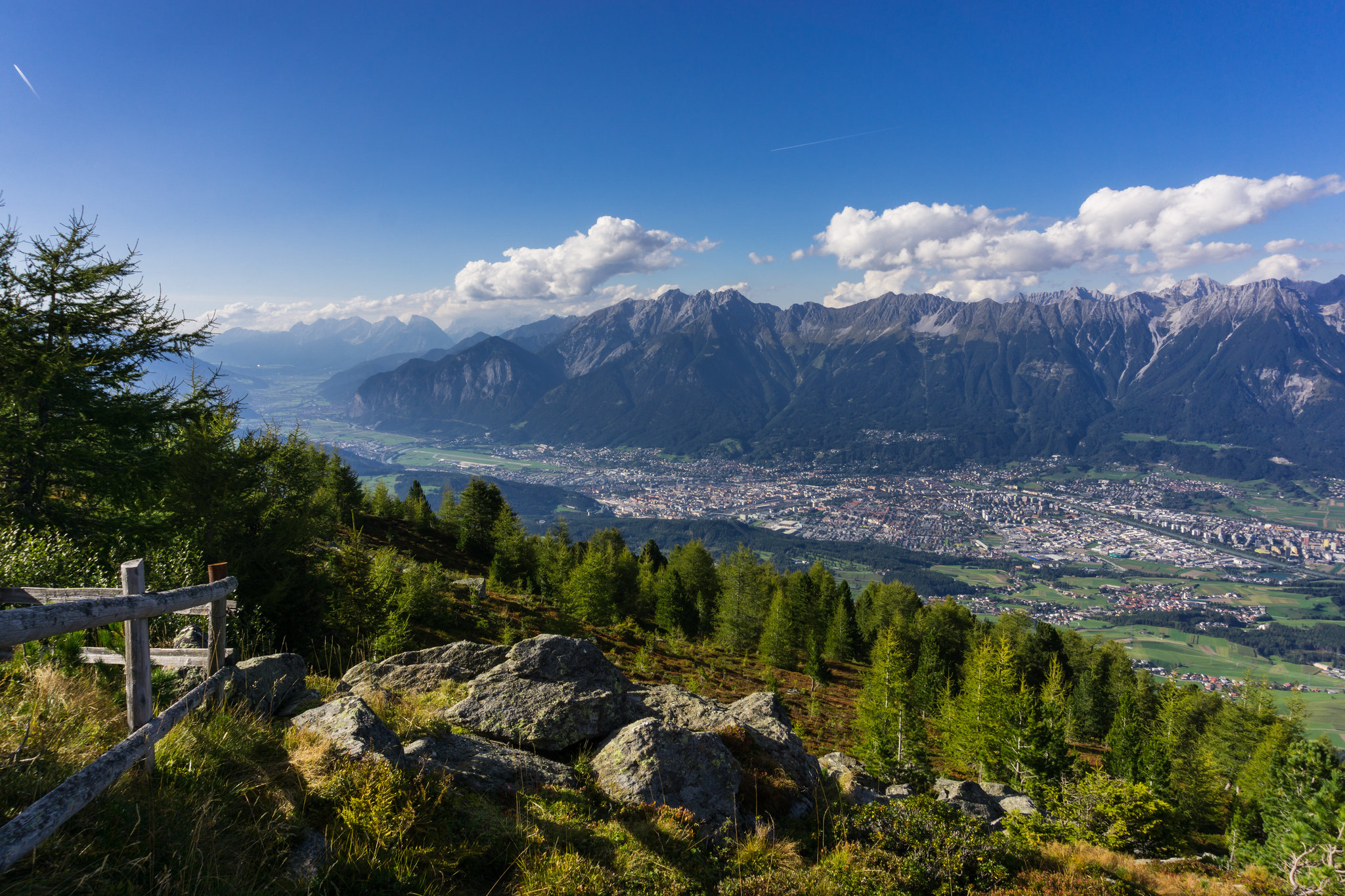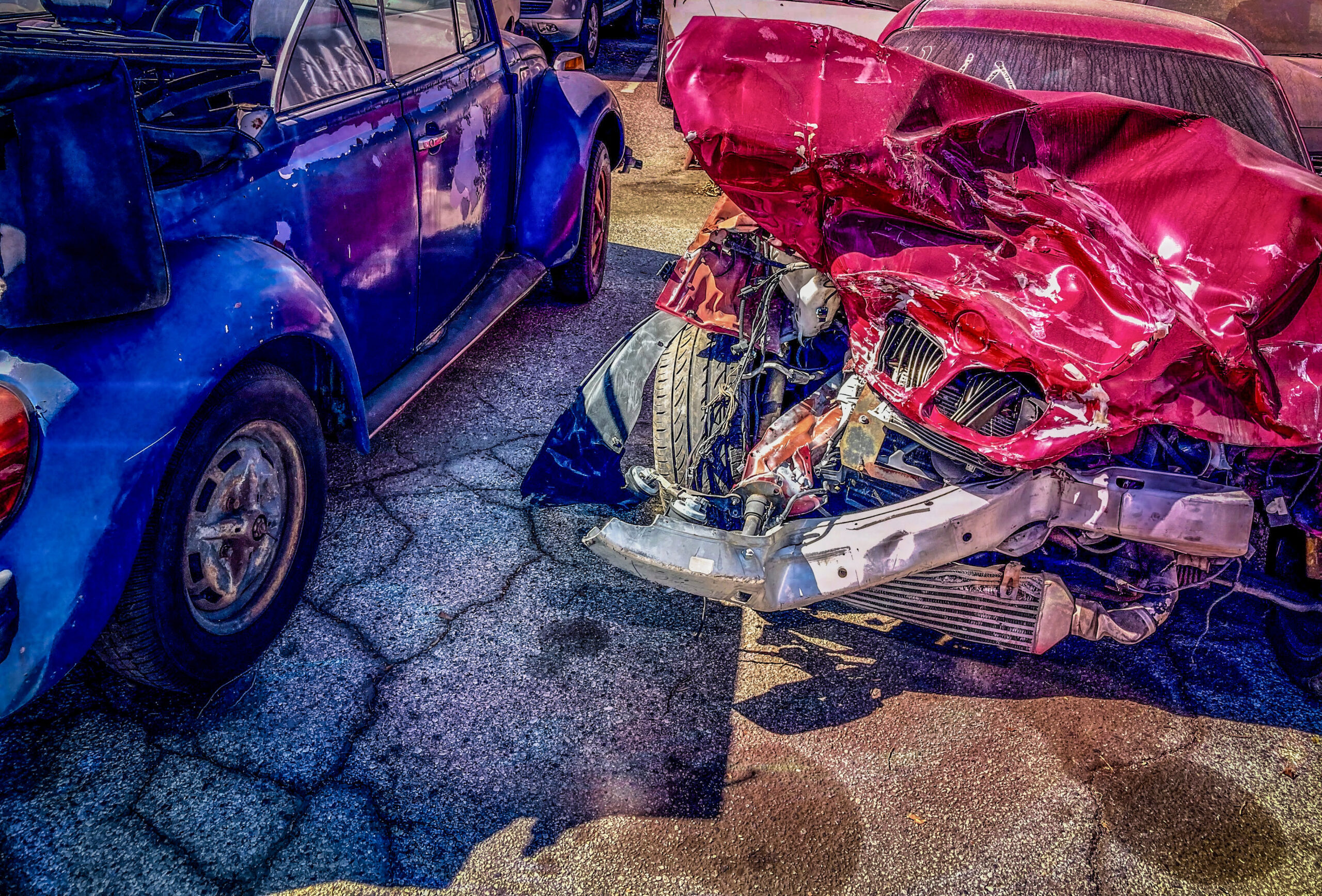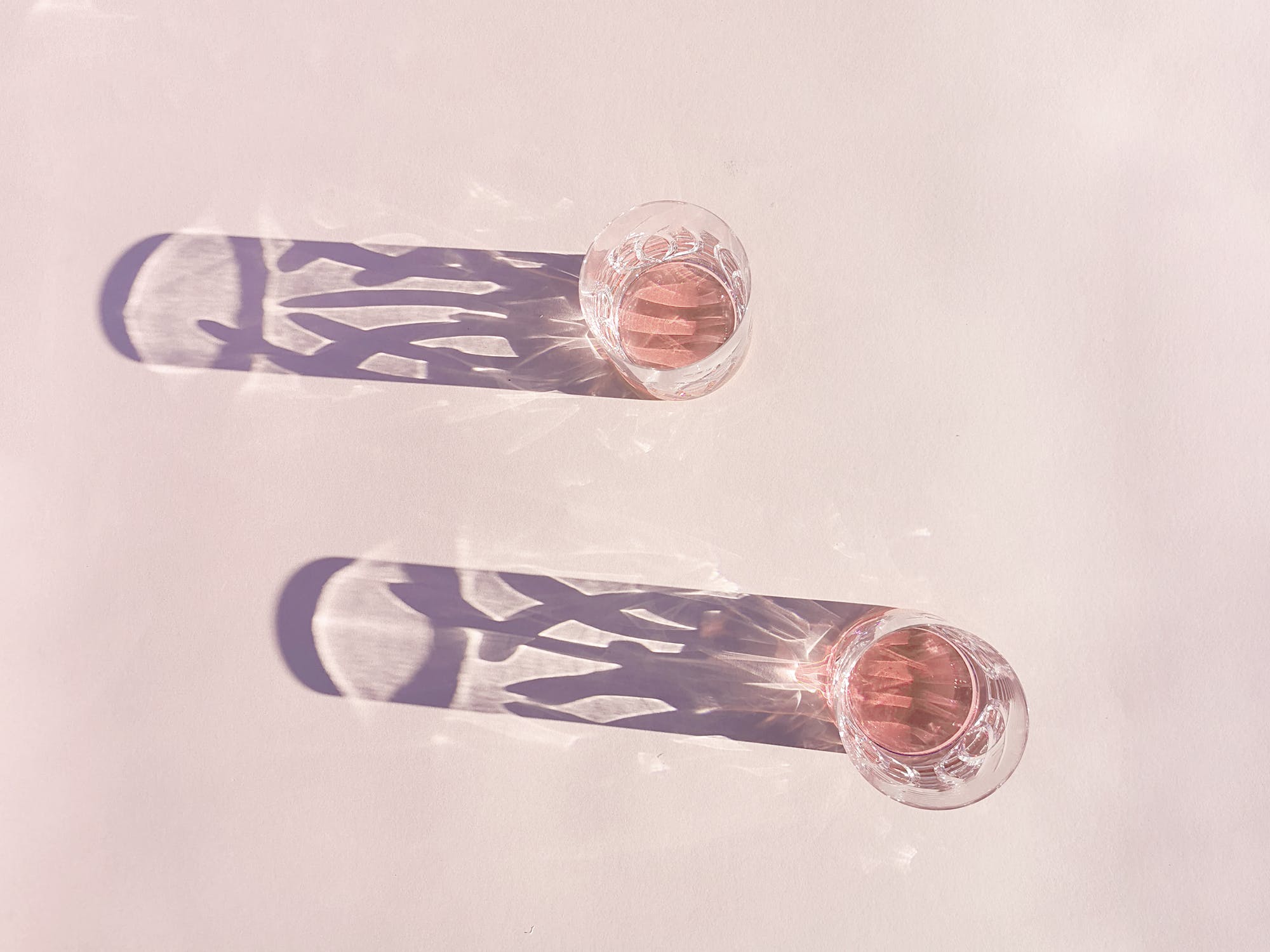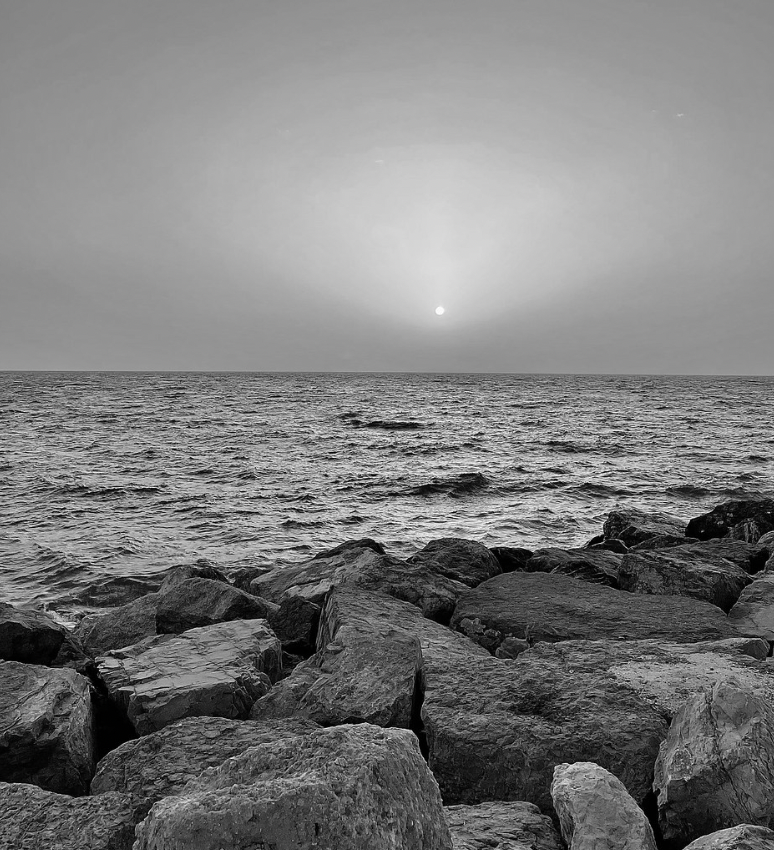Poems by KEVIN McILVOY
Editor’s note: In October a friend told me about Kevin McIlvoy’s recent passing, days after I had read and been deeply moved by the following poems. We are honored to offer them to you here.
—John Hennessy
Kevin McIlvoy, known to his friends as Mc., published six novels, a story collection, and a collection of prose poems and flash fictions. A long-standing faculty member in the Warren Wilson College MFA Program for Writers, he was my colleague but, more importantly, my friend. Mc. loved books and, like many writers, he loved them so much eventually the only way to love them more was to add to them by writing. These poems were sent out prior to his death on September 30, 2022. He is missed by many, but thanks to his work, his voice is still with us.
—C. Dale Young










